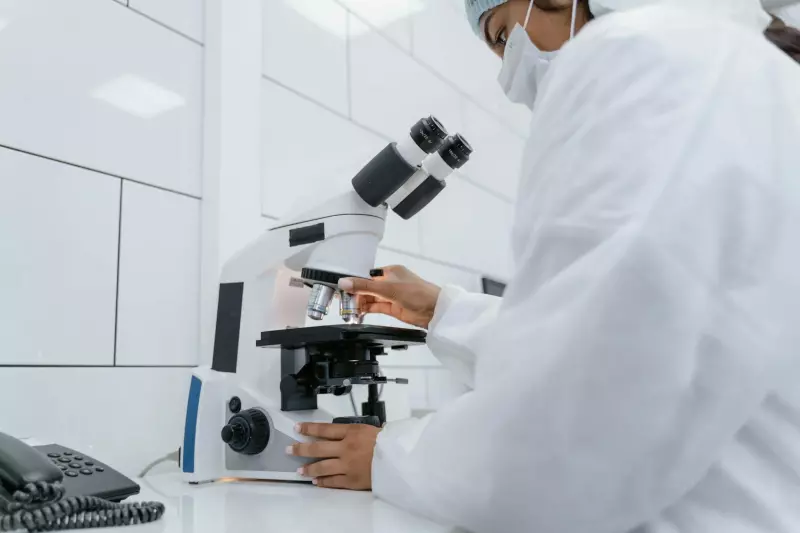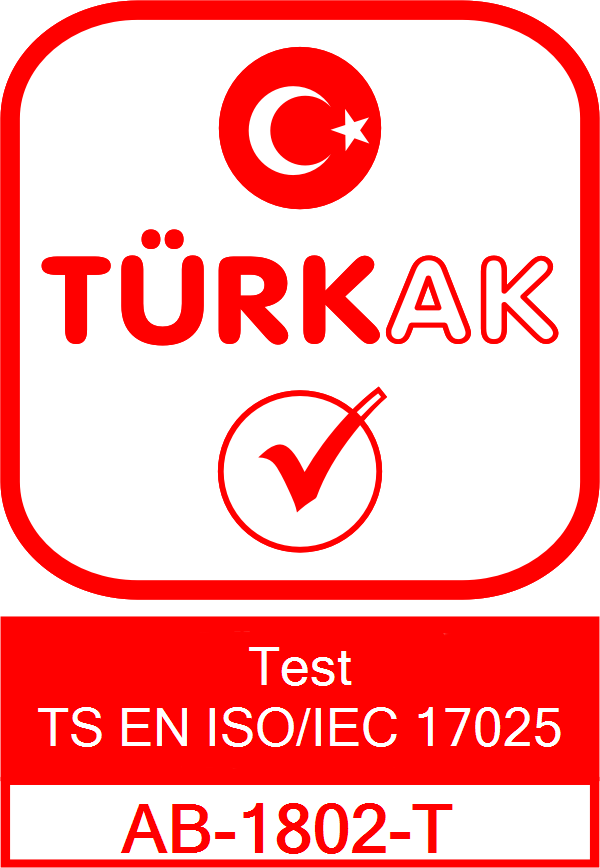
Scientifically Prove Your Products with Antibacterial Efficacy Tests
Scientifically Prove Your Products with Antibacterial Efficacy Tests
Contents
Today’s consumers seek not only effectiveness but also scientifically proven reliability. Especially in cosmetics, hygiene, medical, and textile industries, it's crucial to ensure that products labeled “antibacterial” truly live up to their claim. This is exactly where antibacterial efficacy tests come into play.
What Are Antibacterial Efficacy Tests?
Antibacterial efficacy tests are laboratory analyses conducted to scientifically demonstrate a product’s bactericidal or bacteriostatic effects. These tests validate antibacterial claims with concrete microbiological data.
Which Industries Use These Tests?
- Cosmetics and personal care
- Cleaning and hygiene products
- Medical equipment and textiles
- Food packaging and contact surfaces
- Home textiles and industrial fabrics
How Does the Testing Process Work?
The typical antibacterial efficacy testing process involves the following steps:
- Sample Submission: Products are sent to the laboratory for testing.
- Bacterial Culture: Standard bacteria like Staphylococcus aureus and Escherichia coli are used.
- Incubation: The product is exposed to bacteria for a specific period.
- Analysis: Changes in bacterial populations are measured using microbiological techniques.
Common Testing Standards
Several international standards are commonly applied in antibacterial testing:
| Test Standard | Description |
|---|---|
| ISO 22196 | Evaluation of antibacterial activity on plastic and similar surfaces |
| AATCC 100 | Assessment of antibacterial finishes on textile materials |
| JIS Z 2801 | Japanese standard for antibacterial activity on surfaces |
Scientific Reporting and Product Reliability
Upon completion of testing, a formal report is issued by the laboratory, serving as scientific evidence of the product’s antibacterial effect. This report builds trust with consumers and regulatory authorities alike, helping your brand stand out in competitive markets.
Why Choose TTS Laboratory?
TTS Laboratory conducts antibacterial efficacy tests according to international standards. Our expert team and state-of-the-art facilities ensure reliable and detailed microbiological evaluations of your products.
Conclusion: Scientific Proof Builds Consumer Trust
To thrive in today’s market, antibacterial products must be backed by scientific evidence rather than just marketing claims. Antibacterial efficacy tests are critical for meeting legal requirements and earning customer confidence. Collaborate with TTS Laboratory and elevate your product's credibility.
Frequently Asked Questions
1. Is antibacterial testing mandatory?
If your product makes antibacterial claims, testing may be legally required. It also enhances brand trust.
2. How long does the test take?
Depending on the sample and method, results are typically ready in 5–10 business days.
3. What does the final report include?
A detailed report outlining bacterial reduction levels and testing methodology.
4. Are tests only for new products?
No. Existing products should also be tested periodically to ensure continued efficacy.
5. How much does it cost?
Costs vary based on sample type, test scope, and method used.

